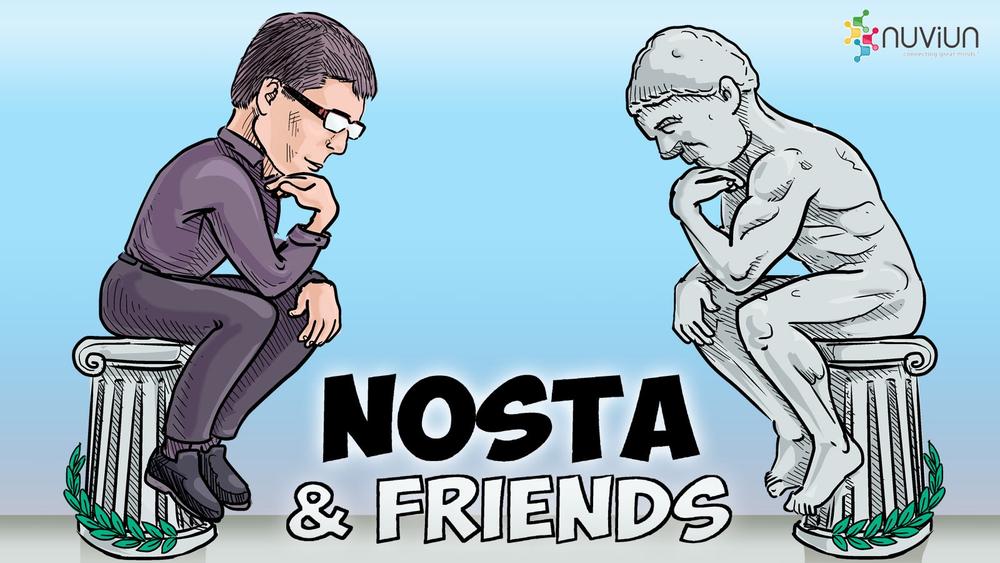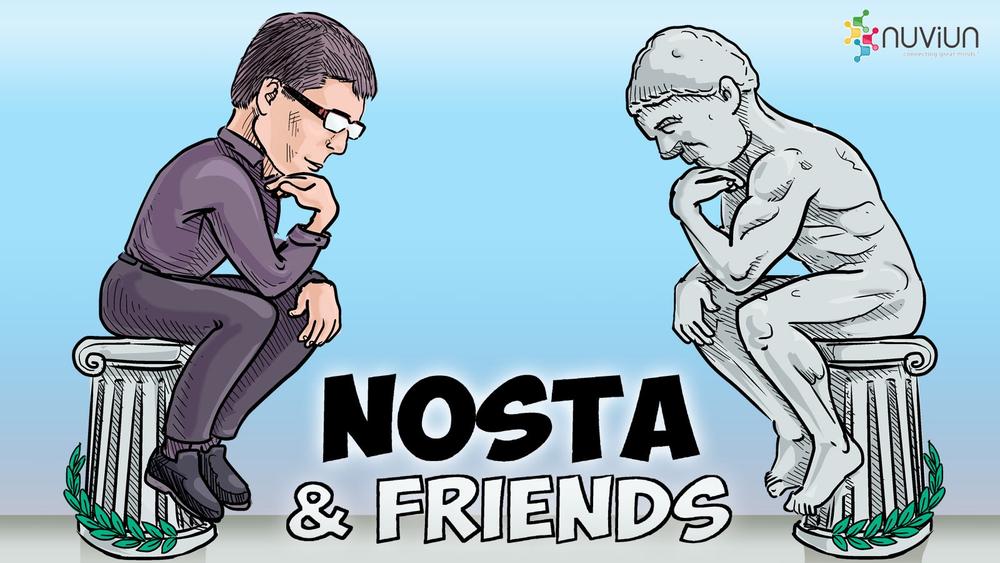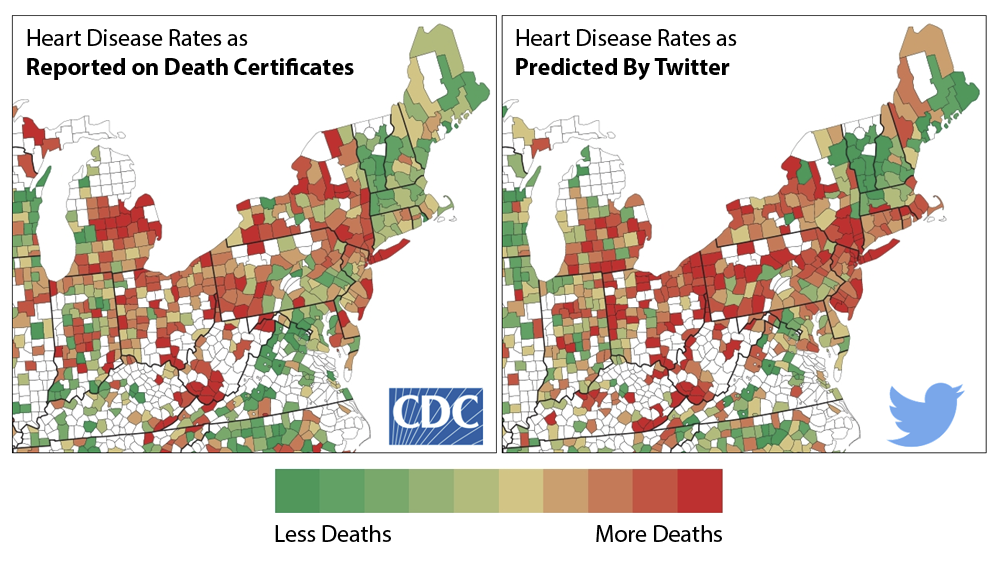In this week's edition of Nosta & Friends, John Nosta welcomes digital health thought-leader Dr. Eric Topol—for a discussion about predictive data and how it’s changing the way we understand and treat many conditions.
Think. It’s my favorite verb. It’s what I like to do and it’s also what I like to engage others to do. Nosta & Friends is an opportunity to bring great thinkers together and help foster a dialogue that’s smart, relevant and fun.
Eric Topol will see you now!
Today, I want to play my version of word association. I’ll say a phrase, and let’s see what pops into your mind. Ready?
Digital health thought-leader.
I would bet the name Eric Topol tops the list. “The Dean of Digital Health,” as I have dubbed him, is a ubiquitous and essential voice in digital health—or digital medicine, as he prefers.
Topol has been a clarion call for fundamental changes in medicine that embrace technology, consumer empowerment and logic. His new book, The Patient Will See You Now, is simply essential reading for anyone who is sick or well!
Here’s a little bit of my take on his book:
Eric Topol's important new book reads like something out of the future! But the reality is that it's today's technology and today's context that allows readers to be enlightened and educated on the amazing convergence of technology, health and medicine. From physicians to patients, Topol's presentation and analysis make for a compelling read.
As a student of digital medicine, I found almost every page rich with important details and insights that helped my understanding of the state of medicine and MY health—today and into the future. It's a cross between the New England Journal of Medicine and an Isaac Asimov novel—with all the facts and references aligned to completely support claims and observations.
But while this book contains important medical and scientific information, it's most significant value may be in its ability to connect with the real world and with real patients. In the final analysis, it's really more of a brilliantly written and fascinating instruction manual for health and wellness—starting today and leading us into a bold future!
"The Patient Will See You Now" might also be expressed as "The Patient Should Read This Now," because it represents the future of innovation in medicine and how patient empowerment will fundamentally change the way we manage wellness and disease.
Beyond his status as a visionary, Eric is also a friend who always helps me grasp a better understanding of key scientific and clinical concepts. For this week's Nosta & Friends, I asked him to help frame up the idea of predictive data and how it’s changing the way we understand and treat many conditions.
John:
How is data now helping us predict many typical "acute events" in medicine?
Eric:
Ultimately most acute events—autoimmune attacks, seizures, asthma attacks, heart failure decompensation, and heart attack—will be predicted with high probability before the symptoms manifest. That’s a natural outgrowth of capturing and processing all the relevant data for the individual, along with large numbers of individuals who are similarly at risk. It will take awhile for us to get there, but this really capitalizes on the potential to use big data plus deep learning for each individual.
John:
Is this the next logical step in traditional wearables—making them "thinkables"?
Eric:
Yes, “thinkables" is a good way to think about this natural evolution of where we are headed. But it won’t just be sensors we wear—it will include non-contact sensors, environmental sensors, smartphone lab testing and even embeddable sensors in our bloodstream someday.
John:
Who will drive this innovation? Can we really rely on the consumer / patient or do we need others driving this change?
Eric:
Consumers and employers (particularly large ones with big health care cost burden) will drive this—it will not come from within the medical community. The payors are especially beholden to large employers, so they are unlikely to change unless their customers demand it.
John:
Beyond data, how is technology (nanotechnology) helping to advance this change in medicine?
Eric:
That’s one of the futuristic way sensors will move forward…and even the potential for having targeting of medications within nanoparticles to move from sensing to treating, but that’s quite a ways off.
John:
Let's take a bold step and predict the future. What urgent "acute events" could be completely changed by the application of big data and new technology?
Eric:
Over the next decade we will see a major drop in all sorts of acute attacks, especially serious asthma attacks, heart failure, seizures, autoimmune disease—across the board. They’ll never be eradicated, but this datafied, elegant approach to monitoring will really help pre-empt acute episodes. We’ll look back and say “Wow, look what really happened when Moore’s Law came to medicine."
It’s always fun and informative to speak with Eric. And just imagine—Moore’s Law applied to Medicine! It’s no doubt that digital health will be met with excitement and apprehension. But we just might experience all these emotions with the potential to treat and manage them with superior and innovative options!
Log in or register for FREE for full access to ALL site features
As a member of the nuviun community, you can benefit from:
- 24/7 unlimited access to the content library
- Full access to the company and people directories
- Unlimited discussion and commenting privileges
- Your own searchable professional profile











.jpg)